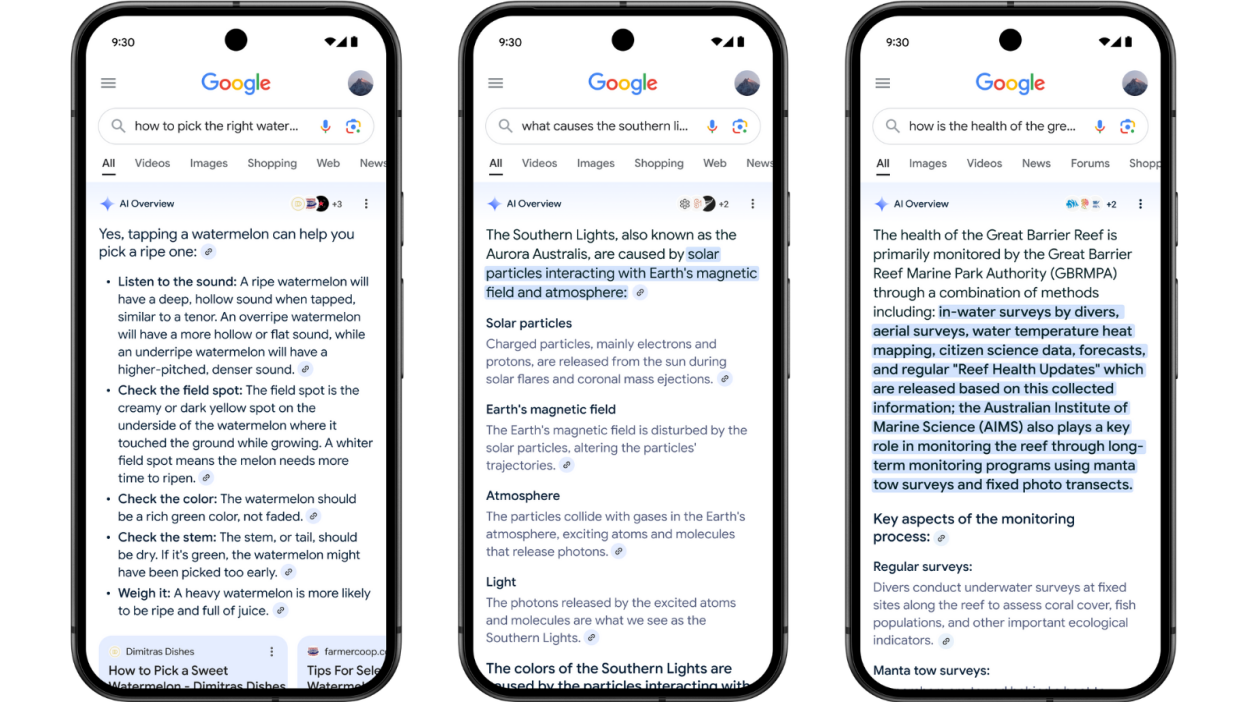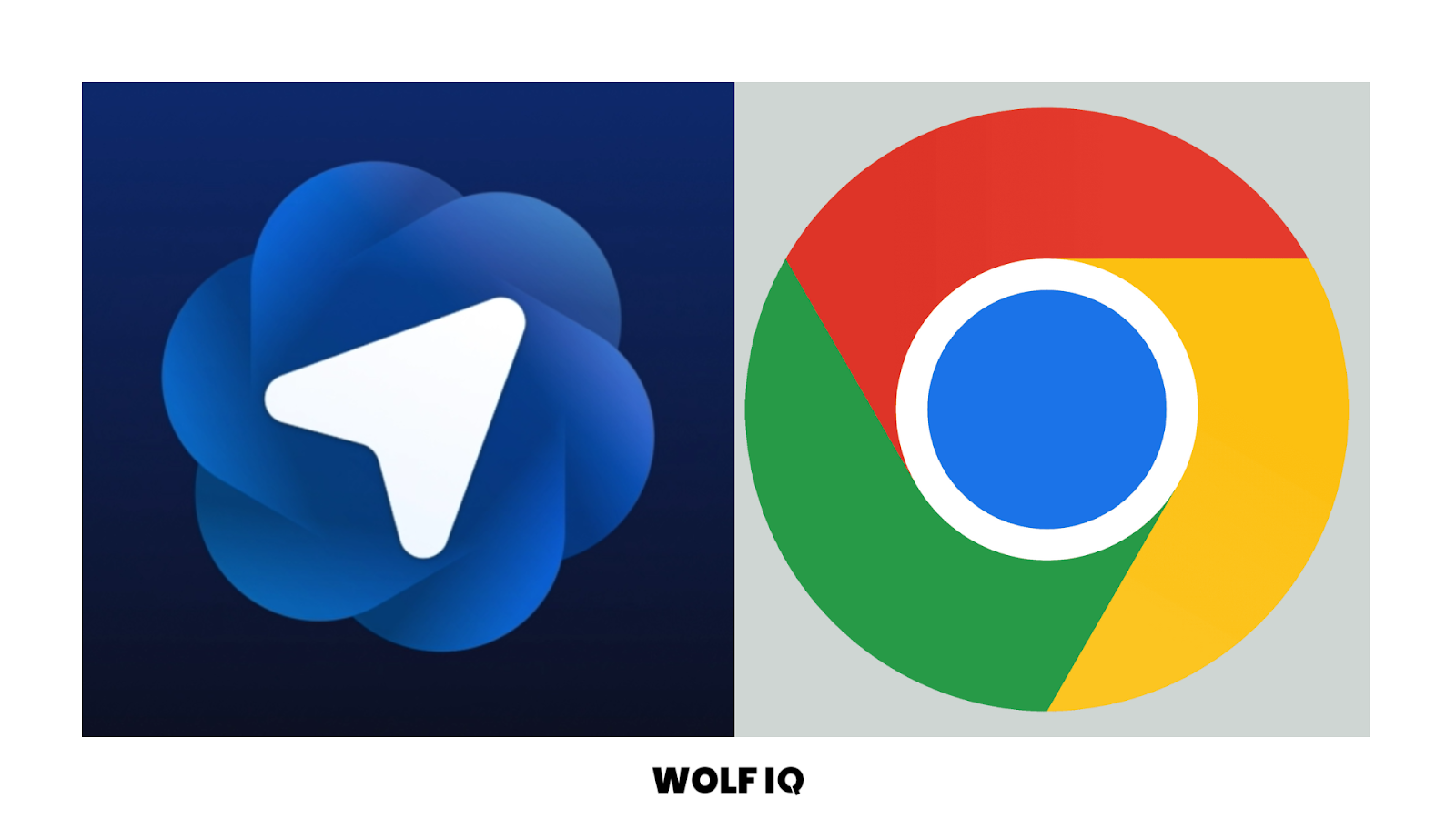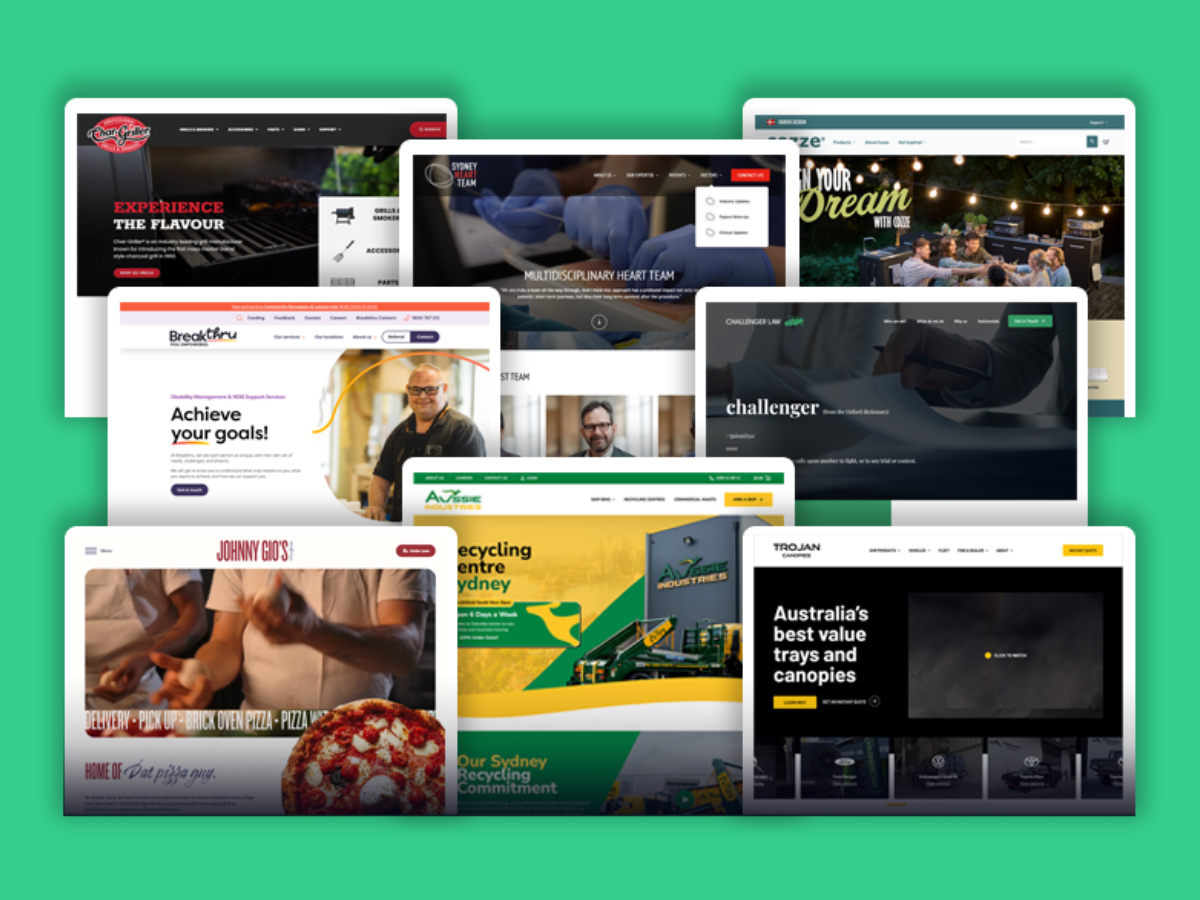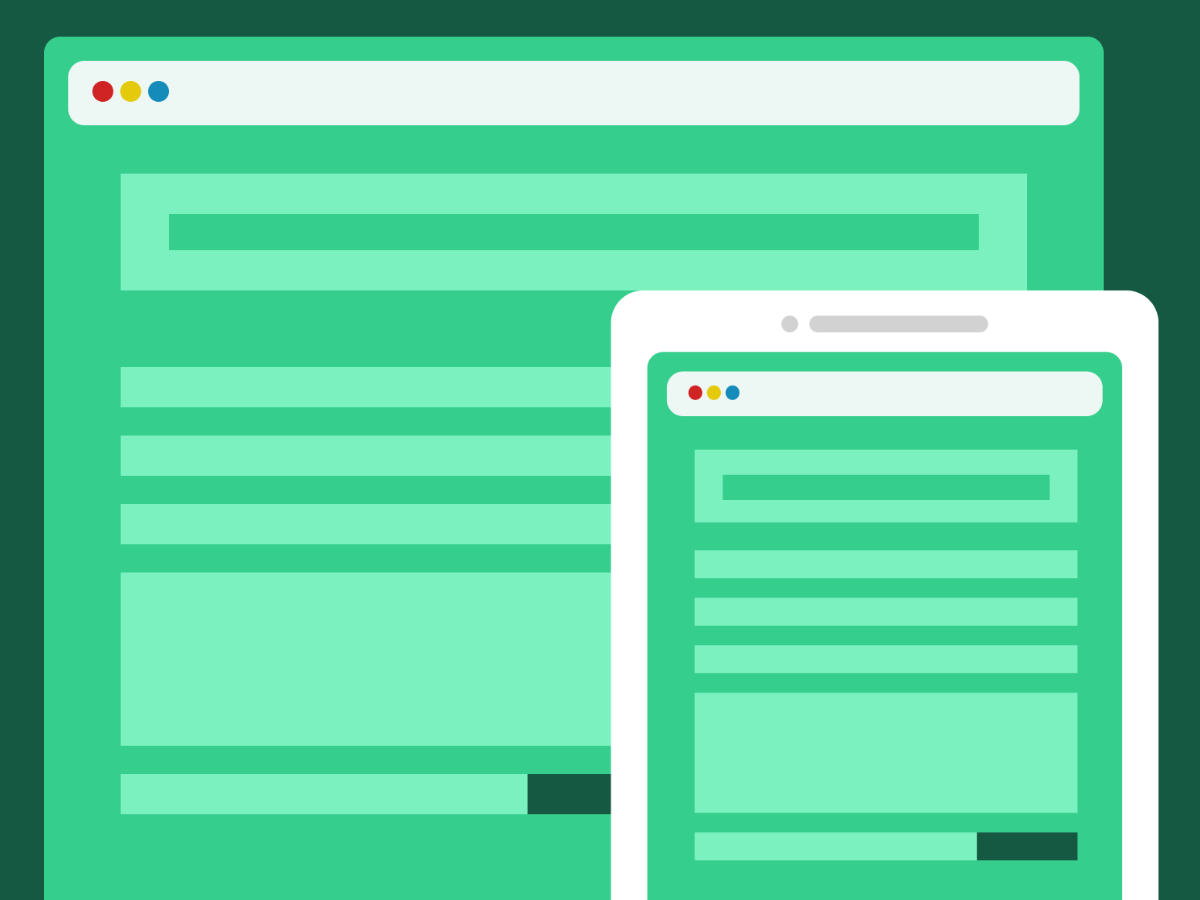AI in SEO: Guide for Australian Businesses in 2025
Did you know that Google's AI Overviews reduce clicks to websites by as much as 35%?
This is a fundamental shift in how customers can find you online.
If you're uncertain about AI's impact on SEO, you're not alone. 90% of businesses fear losing visibility as AI reshapes the search landscape.
But the truth is this change represents one of the biggest opportunities for small and medium-sized businesses (SMBs) to level the playing field.
The rise of AI in SEO is not the end of SEO; it's the end of bad SEO. The rewards on getting it right are more traffic and a stronger brand.
This guide will break down everything you need to know to make an informed decision and turn AI from a threat into a growth driver.
Key Takeaways
- AI search is already mainstream: Google's parent company, Alphabet, reports that 1 billion users per month are already seeing AI overviews.
- Traditional SEO is the foundation, not the replacement: AI SEO is an extension of SEO fundamentals. You cannot ignore technical health or user experience.
- Content must be optimised for citation, not just ranking: The new goal is to be the source cited by AI-generated answers, which requires restructuring websites with Schema.org markup for machine readability.
- Low-quality, unedited content is a risk: Publishing raw, AI-generated content without extensive human editing and fact-checking is the fastest way to get down-ranked by Google.
- Your brand's "human touch" is your competitive edge: Use AI for data and efficiency, but rely on your humanity to connect and build trust.
What is AI in SEO?
At its core, AI in SEO is the use of artificial intelligence technologies to improve the process of ranking higher in search engine results.
Traditional SEO was often a more reactive process. You'd make changes, wait weeks or months, and hope for the best. AI SEO is proactive and predictive. It helps you understand what your customers will ask tomorrow, not just what they searched for yesterday.
This shift is happening now. Already, more than 70% of businesses are investing in AI SEO, and for good reason.
AI tools can analyse data 100x faster than manual analysis, and find patterns and opportunities much faster than humans. It also allows you to create content much faster and match what both customers and search engines like Google are looking for.
What this means is that less marketing muscle can today get more done.
How AI is Changing Search
Google's ten blue links are being replaced by AI Overviews. AI is now creating a new, more conversational and answer-focused search experience.
Google's AI Overviews
This is a significant change to Google's search results.
When a user searches for something, Google's AI often provides a direct, summarised answer at the very top of the page, pulling information from multiple websites. This reduces clicks to individual websites.
With 1 billion users per month already seeing AI Overviews according to Alphabet (who owns Google), and those results are taking away clicks from websites.
Your new goal is not just to be on the first page, but to be the source for these AI-generated answers.

AI Search Engines Becoming Default
Answer engines like Perplexity and ChatGPT are gaining traction.
ChatGPT Atlas (launched Oct 2025) embeds conversational AI into browsing, letting users ask questions and get summaries without leaving the page.
Google Chrome is still the market leader, but a key feature of Atlas was making it easy to switch.

For a local business, this means your online presence needs to be optimised not just for Google, but for a future where your content could be surfaced by a variety of AI systems.
The key is to be the most authoritative and clearest source of information in your niche.
4 Key Pillars of an AI SEO Strategy
1. Keyword Research
The old way: High-volume keywords + manual analysis.
The new way: Understanding the entire conversation your customers are having. AI tools can analyse thousands of forum posts, competitor sites, and search trends to identify not just keywords, but the questions, pain points, and topics your audience cares about.
Instead of just targeting "plumber Sydney," AI helps you discover that customers are also asking, "how to fix a leaking tap emergency," "cost of unblocking a drain in Sydney," and "best hot water system for a family of four." This allows you to create content that addresses their exact needs at every stage of their journey.
You can even use ChatGPT for Topic Research. Here is an example prompt you can use in ChatGPT.
2. Content Creation
The old way: Writing thin blog posts stuffed with keywords.
The new way: Creating comprehensive, evidence-based content that establishes you as the expert. This is where AI becomes a powerful assistant, not a replacement for human expertise.
67% of businesses report an improvement in content quality when using AI tools.
You can use AI to generate outlines, synthesise research, and even write first drafts.
But remember - the magic is in the edit. Most successful businesses use AI to handle the heavy lifting, while their human experts add unique insights, personal stories, and real-world experience.
Get the draft, then edit it in your own voice and inject your unique expertise. Your unique knowledge is your most valuable asset.
A single piece of content, if done well, can drive more results than dozens of mediocre blog posts. Here is an example prompt you can use in ChatGPT.
3. AI-Reviewed Websites
The old way: Hoping Google could figure out your website.
The new way: Structuring your website so that AI systems can easily understand and categorise your information.
This involves using structured data (like Schema.org markup), which is like adding labels to your content that tell search engines exactly what it is (e.g., a recipe, a local business address, a product review).
A well-structured site is more likely to be featured in AI Overviews and other rich results. Think of it as creating a clear and organised library of your expertise that any AI can easily read and reference.
Here is an example prompt you can use in ChatGPT.
4. AI Citations
The old way: Acquiring as many backlinks as possible, regardless of quality.
The new way: Earning authentic citations and mentions from reputable sources. AI systems are getting smarter at distinguishing between a paid link and a genuine endorsement.
Mentions on reputable industry sites, news articles, and even popular forums like Reddit (which now appears in more than 5% of AI Overviews.

AI SEO Mistakes businesses can make
As with any new technology, there's a lot of misinformation out there.
Here are the most common mistakes we see businesses make.
1. Low-Quality Content
This is the fastest way to get penalised by Google.
AI is a tool to enhance quality, not to replace it. Never publish AI-generated content without extensive editing, fact-checking, and adding your own unique insights.
2. Ignoring Traditional SEO
AI is an extension of SEO, not a replacement.
You still need a technically sound website, a good user experience, and a solid backlink profile. 95% of ChatGPT users still use Google, so you can't afford to ignore the fundamentals.
3. Forgetting the Human Touch
People buy from people.
First drafts with generative AI are great, but the magic is in the edit. AI can't replicate your brand's personality, your customer stories, or your passion for your industry.
Use AI for data and efficiency, but use your humanity to connect and build trust.
Your Next Move
Ignoring AI is no longer an option.
The data is clear: your customers are using it, your competitors are investing in it, and Google is rebuilding its entire platform around it.
But you don't have to be a tech expert or have a massive budget to succeed. By focusing on the core principles of quality, authority, and understanding your customer, you can use AI to build a powerful and sustainable competitive advantage.
Wolf IQ helps hundreds of businesses win online every month.



.png)



.png)
.png)
.svg)
.svg)
.svg)

